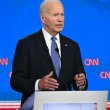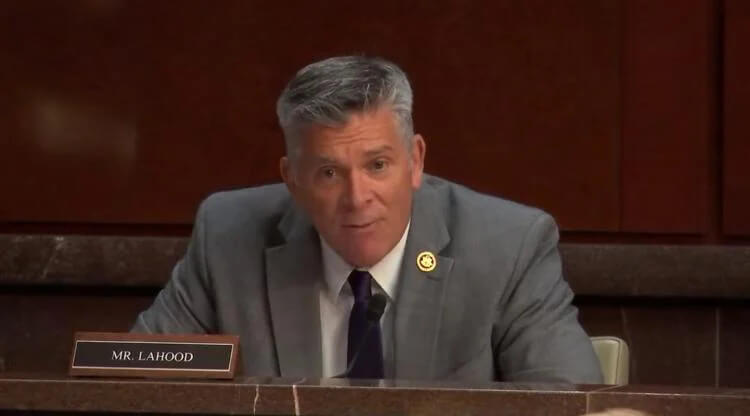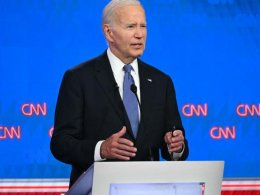By: Kevin Bessler | The Center Square
Semiconductors, or microchips, are the backbone of the modern global economy as they are vital to telecommunications and other industries, and now the U.S. is taking steps to avoid Chinese dominance in the sector.
The semiconductor industry is seen as critical for modern society to function, affecting everyday appliances to military drones.
During a hearing on the Select Committee of the CCP, Illinois U.S. Rep. Darin LaHood, R-Peoria, said China is making an effort to win the battle in core technologies, including semiconductors.
“The Chinese Communist Party has made it clear that they intend to challenge the United States’ global economic leadership and they are actively advancing their goals as we speak,” said LaHood. “[Chinese President Xi Jinping] has stated that he aims to achieve 70% self sufficiency in high tech industries by 2025.”
Chris Miller, a professor at Tufts University in Massachusetts, said there are steps that can be taken to limit China’s emergence in the sector.
“There are several approaches you could take to address this problem,” said Miller. “The first is trade measures, the second is restrictions on the use of Chinese components in critical systems, and the third is to restrict the access of individual Chinese firms that are particular challenges as a security risk.”
The U.S. passed the CHIPS Act in 2022, which allocated $280 billion to spur the growth of semiconductor companies and also raised tariffs on Chinese chips. The U.S. announced that tariffs on Chinese semiconductors will increase to 100% by 2025. China, a huge export market for American soybeans, is not expected to take the tariffs lying down.
“We hope the U.S. can take a positive view of China’s development and stop using overcapacity as an excuse for trade protectionism,” said Liu Pengyu, a spokesperson for the Chinese Embassy in Washington.
China recently pumped another $47 billion into its chip industry. Shares of the top Chinese chipmakers soared after the news.










